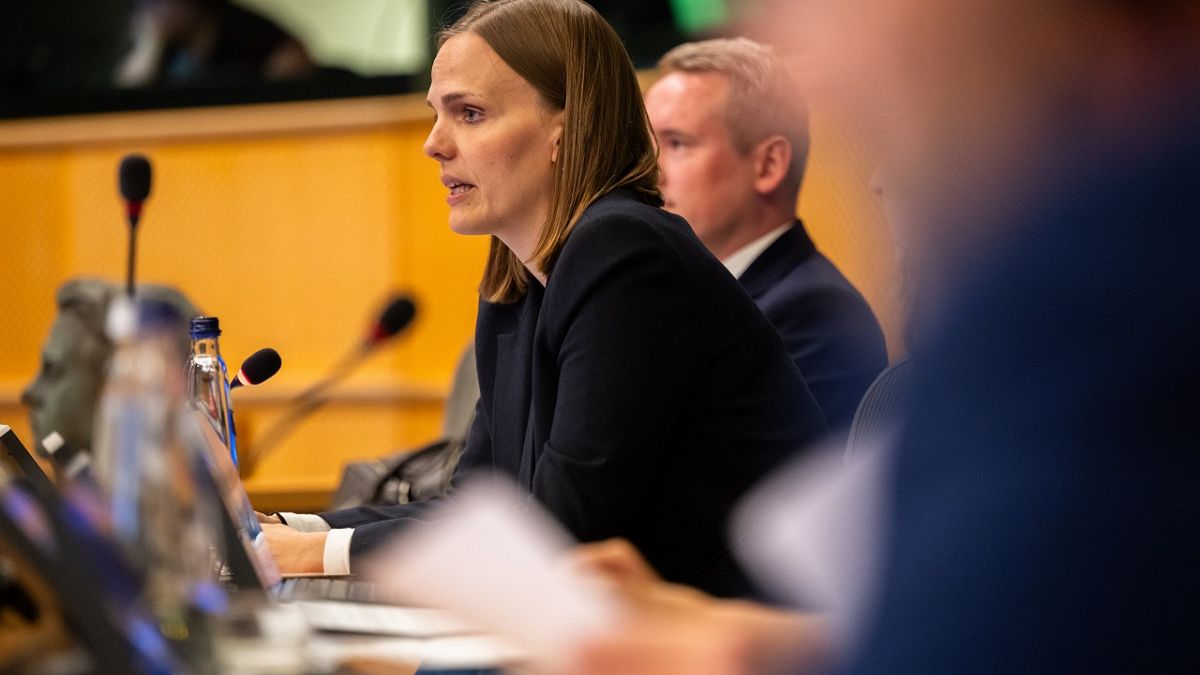

In a calm and deliberate move towards enhancing online safety for minors, Denmark has taken significant steps by advocating for stronger regulations on digital platforms. As part of the European Commission’s guidance, these recommendations aim to tackle issues such as addictive online designs, cyberbullying, and harmful content. The Danish initiative reflects a broader commitment to creating a safer online environment for young users, ensuring that the digital space is supportive and secure.
Meanwhile, in Poland, the discourse around historical truth and the consequences of its denial have taken center stage. A far-right lawmaker, Grzegorz Braun, came under scrutiny by Polish prosecutors following his controversial comments labeling the Auschwitz concentration camp and its gas chambers as “fake.” This incident was met with widespread condemnation by leading figures in Poland, underscoring the ongoing struggle against historical negationism and the importance of preserving factual historical narratives.
Across the ocean, university environments in Australia and the United States are grappling with issues of racism and antisemitism, sparked by recent reviews and hearings. In Australia, Education Minister Jason Clare has outlined a thoughtful approach to tackling racism on university campuses. Clare emphasized the government’s commitment to addressing all forms of racism and will await further insights from key reports before taking decisive action against antisemitism, demonstrating a methodical approach to diversity and inclusion on campuses.
In parallel, a recent US House hearing focused on allegations of antisemitism in higher education, with focus on institutions such as UC Berkeley, Georgetown University, and the City University of New York. While university leaders addressed accusations of bias, they highlighted the importance of maintaining free speech and due process. This dialogue reflects the delicate balance educational institutions must maintain as they navigate complex social issues.
The theme of inclusivity extends to the realm of travel, as a UK taskforce proposes mandatory disability training for airline and airport staff. Spearheaded by former Paralympian Tanni Grey-Thompson, the report urges the industry to enhance its support for disabled passengers, aiming to create a consistently respectful and accommodating travel experience. This recommendation is part of a broader effort to ensure that all individuals, regardless of their abilities, can participate fully in everyday activities without undue hindrance or distress.
These global narratives, spanning digital regulation, historical integrity, educational equity, and travel inclusivity, demonstrate a shared commitment to fostering environments where individuals can thrive safely and equitably. The initiatives highlight an ongoing journey towards social justice, inclusivity, and the responsible stewardship of factual history and information.
Source: {link}
